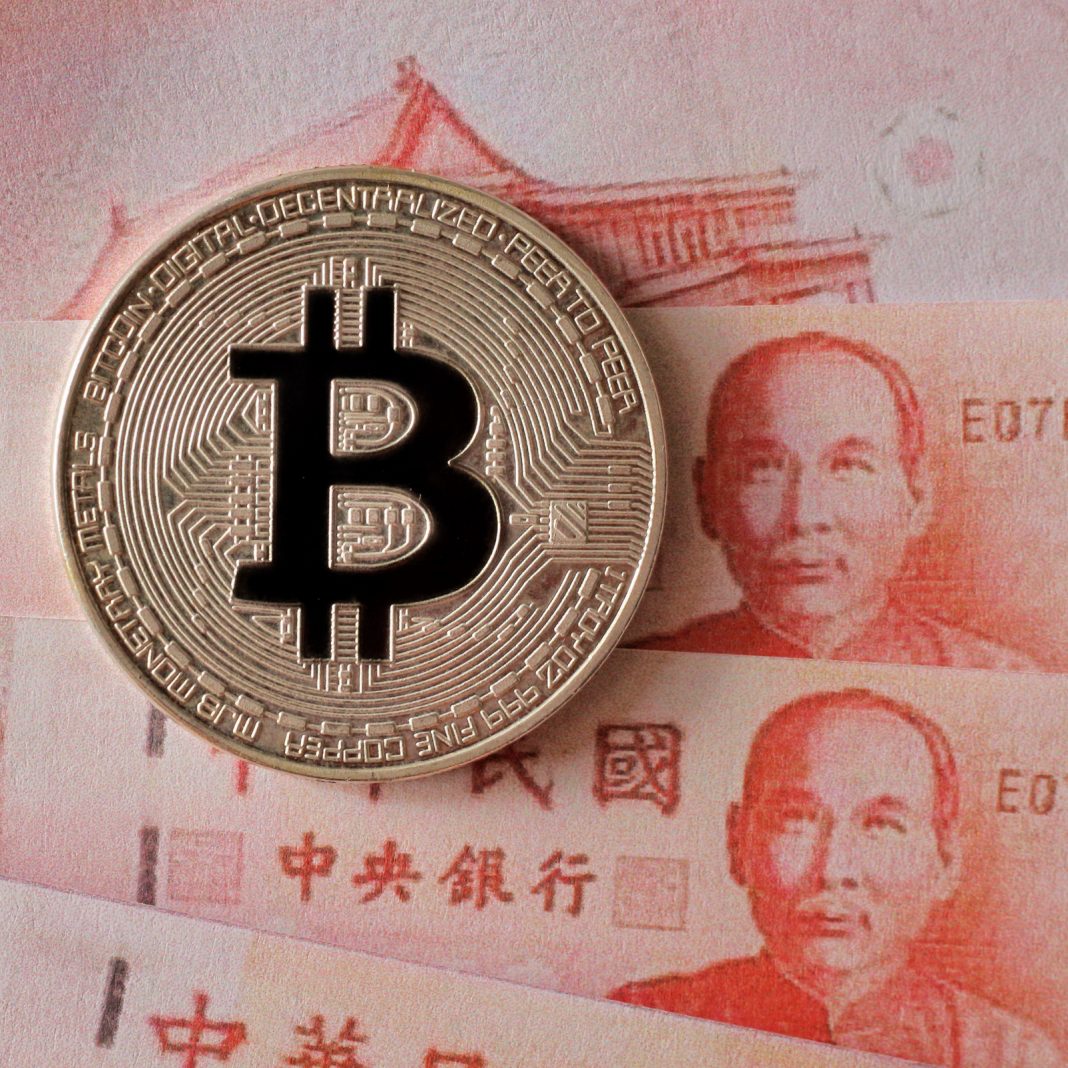
Digital currency has been around since currency account balances were first stored on digital machines (i.e., computers). Later, banks effected electronic transfers of this digital currency. Credit card and debit cards then allowed consumers to make purchases using digital currency. Early digital currency was digitized fiat currency issued by governments and held with and transferred among financial institutions and consumers. Over the past two decades, advances in technology have allowed currencies to be issued by organizations other than governments and transferred and held by organizations other than financial institutions.
As technology advances, market participants are increasing in number and becoming more decentralized. Financial market regulators are struggling to keep pace with the financial products and services that technological innovation is making possible.
Some regulators have moved more swiftly than others to address market changes resulting from this technological innovation. Although Taiwan’s financial and banking regulators have not moved as rapidly as, say, their counterparts in Singapore, in recent months an encouraging trend is taking shape. Possibly taking cues from the Monetary Authority of Singapore, Taiwan appears to be consolidating the regulation of digital currency related issues under a single regulatory body, the Financial Supervisory Commission (the “FSC”). Placing primary responsibility for the regulation of digital currencies in the hands of a central authority will likely result in a more comprehensive, cohesive regulatory landscape.
Recent legislative amendments to the Money Laundering Control Act (the “MLCA”) are already paving the way for the FSC to regulate cryptocurrency transactions more closely. Passed in November 2018, the amended MCLA states that platforms selling virtual currency (“VCP”) fall under the purview of the MCLA and shall be regulated as financial institutions. As the FSC is the primary regulator with respect to other financial institutions, it is expected that it will also oversee VCPs.
The FSC has already begun exerting its influence over virtual currency exchange by prohibiting Taiwan banks from entering into cryptocurrency transactions in which the identity of the e-wallet holder is unknown.
FSC Chairman Wellington Koo recently announced that the FSC will also be moving forward to provide guidance on security token offerings. Mr. Koo promised such guidance by the end of June of this year.
In addition to regulation of cryptocurrencies, the trend towards a more unified, consolidated approach to digital currency regulation is evident in the electronic payment area. Currently, electronic stored value cards (電子票證) are regulated separately from other forms of electronic payment (電子支付). The FSC expects to send a draft comprehensive electronic payment law to the Legislative Yuan as early as March of this year. This draft law will place the regulation of all forms of electronic payment (including electronic stored value cards) under the same regime.
Taiwan is proceeding cautiously into the digital currency world. However, recent announcements by the FSC indicate that under their guidance the pace of change may quicken in 2019. We will continue to monitor the developments in this area closely.
For more information, please contact Gregory Buxton at gbuxton@winklerpartners.com.
Written February 15, 2019 By Gregory A. Buxton, Ta Yen Wu.
